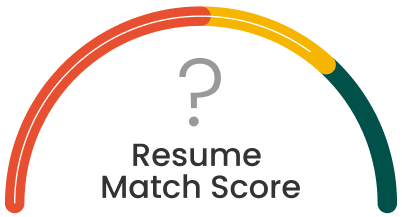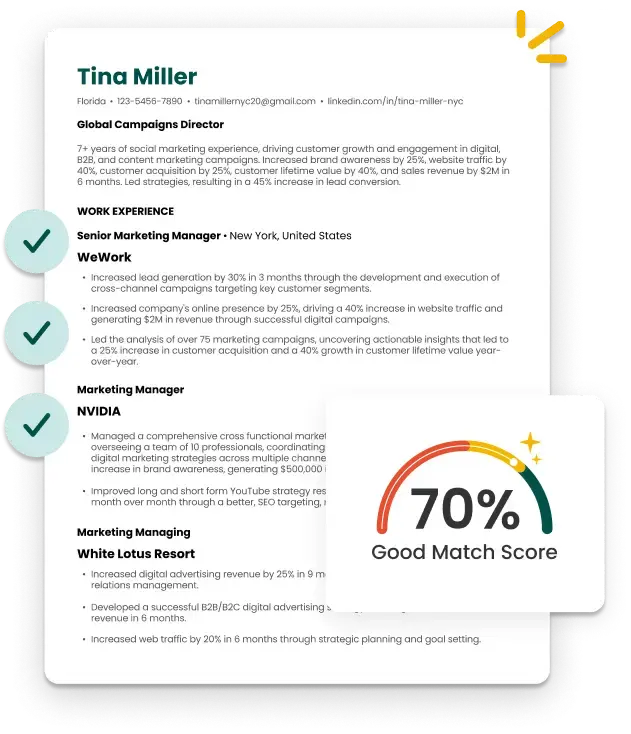About the position
The RTX Technology Research Center (RTRC) is seeking a Research Engineer in Human Machine Teaming & Collaborative Autonomy/Computer Vision. This newly created position is part of the Autonomous Collaborative Systems (ACS) team within the Artificial Intelligence (AI) discipline at RTRC. The team is engaged in a variety of research areas, including computer vision, decision making, knowledge representation, trustworthy and explainable AI, and human-machine symbiosis, addressing high-impact real-world problems in aerospace, manufacturing, and defense industries. The role involves applying and extending state-of-the-art Artificial Intelligence approaches to develop intelligent systems that collaborate with humans in various tasks such as manufacturing, assembly, servicing, inspection, and repair of products. Additionally, the role focuses on enabling system intelligence and autonomy, which includes capabilities like sensing and perception, task and motion planning, reasoning and decision making, human-autonomy teaming, and robot learning. In this position, the Research Engineer will be responsible for researching, designing, and developing algorithms for intelligent control and decision-making, as well as human-machine collaboration. The role also includes prototyping and simulating autonomous and collaborative systems, writing code, developing software for simulation and visualization, creating algorithms, and supporting real-time demonstrations of autonomy in both live and simulated test environments. The engineer will design and conduct experiments, analyze data, and document findings in technical reports and publications. Furthermore, the role involves leading and supporting both externally and internally sponsored programs, writing research proposals, and building partnerships with leading institutions, government agencies, and professional organizations. Dissemination of research results through reports, conference proceedings, presentations, and technical papers is also a key responsibility.
Responsibilities
- Research, design, and develop algorithms for intelligent control and decision-making.
- Develop prototype computer vision algorithms for various domains in autonomy, robotics, manufacturing, aviation, and inspection.
- Prototype and simulate autonomous and collaborative systems by writing code and developing software for simulation and visualization.
- Conduct experiments, analyze data, and document findings in technical reports and publications.
- Lead and support externally and internally sponsored programs, writing research proposals.
- Build relationships to support partnerships with leading institutions and meet organizational objectives.
- Disseminate research results through reports, conference proceedings, presentations, and technical papers.
Requirements
- 3+ years of hands-on experience in autonomous systems, artificial intelligence, deep/reinforcement/machine learning, robotics, dynamics and controls, flight test and evaluation, modeling and simulation, data science, and statistical analysis.
- 3+ years of hands-on experience in computer vision, deep neural networks, graph analytics, and time series analysis.
- Experience in neural 3D representations, 3D reconstruction, generative models, activity detection/recognition, tracking/segmentation, and large-scale training/deployment of AI models.
- Extensive experience in sensor fusion, signal processing, and exposure to new sensing modalities like event-based cameras.
- Experience working with DARPA, AFRL, ONR, ARL, and/or IARPA in intelligent autonomous and collaborative systems for defense and aerospace applications.
- Proficiency in programming languages such as Python, C, C++, CUDA, and experience with ROS and cloud computing.
Nice-to-haves
- Experience setting technical direction from initiation to execution of projects and managing technical deliverables for a small team.
- Familiarity with programming frameworks like PyTorch, TensorFlow, Caffe, Theano, Julia, and Java.
- Experience with multimodal modeling and large language models (LLM).
- Experience in a modern software development environment that includes automated testing, continuous integration, and deployment.
Benefits
- Medical insurance
- Dental insurance
- Vision insurance
- Life insurance
- Short-term disability
- Long-term disability
- 401(k) match
- Flexible spending accounts
- Flexible work schedules
- Employee assistance program
- Employee Scholar Program
- Parental leave
- Paid time off
- Holidays

